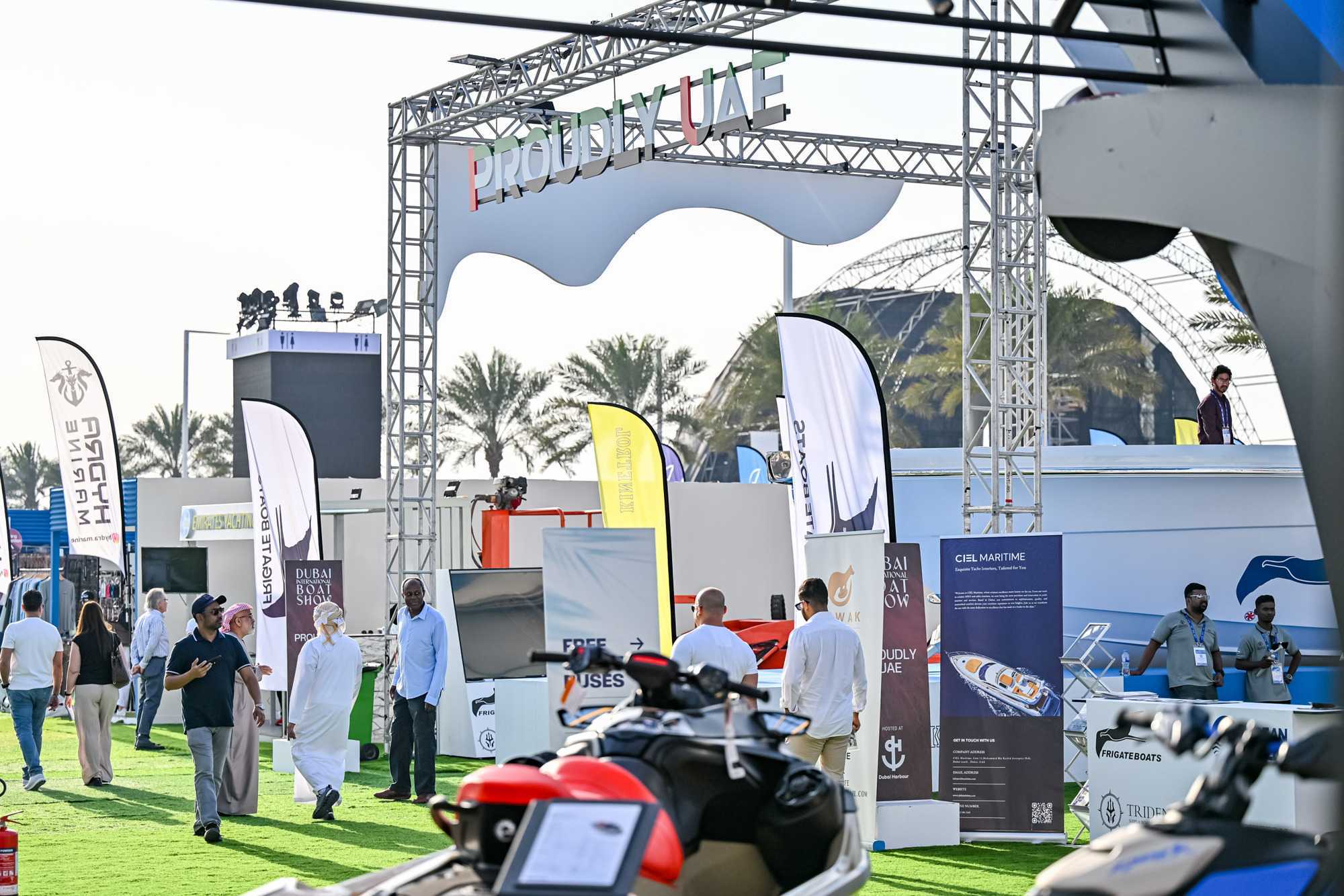Noise has long been an unavoidable part of life at sea, but that’s changing fast. Yacht owners are now seeking quieter vessels, pushing shipbuilders to rethink how yachts are designed and engineered. Reducing engine noise and vibration isn’t just about comfort – it changes how people experience time on board, making it easier to relax, hold conversations, and enjoy privacy. The push for silent yacht technology is reshaping expectations, with quiet vessels becoming the new standard in luxury yachting. This article explores the growing demand for quieter yachts and the solutions making them possible.
The Unwanted Guest: How Noise Disrupts Life At Sea
Noise affects every aspect of life at sea, from relaxation to privacy. Mechanical sounds from engines, generators, and air conditioning systems can disrupt sleep and conversation, diminishing the overall experience. A quieter yacht offers a more peaceful atmosphere, allowing guests to enjoy their surroundings without distractions.
Effective soundproofing enhances privacy by limiting how far voices and other sounds travel throughout the yacht. Conversations held in one cabin stay within that space, without leaking into hallways or neighbouring rooms. This is especially important on luxury yachts, where guests expect discretion and a sense of personal space. By controlling noise transfer between communal areas and private quarters, soundproofing helps maintain a more intimate and secure environment. The result is an onboard experience that feels both exclusive and comfortably detached from the activities happening elsewhere on the vessel.
Innovations in Soundproofing and Materials
Advances in materials and design have led to significant improvements in yacht soundproofing solutions. Engine rooms are now equipped with multi-layered insulation to block mechanical noise from reaching living spaces. Vibration-dampening systems, including flexible engine mounts and couplings, reduce the transfer of vibrations through the hull. Hull designs have also evolved, with optimised shapes and materials that minimise hydrodynamic noise. Active noise control technology, similar to that used in high-end headphones, is being integrated into yacht interiors to neutralise ambient sounds. These innovations collectively enhance the onboard experience by reducing unwanted noise.
Rethinking Propulsion
The shift towards hybrid and electric propulsion systems has played a significant role in reducing onboard noise. Traditional diesel engines generate considerable noise and vibrations, which can disrupt the comfort of guests. In contrast, quiet propulsion systems like electric motors operate smoothly and silently, offering a more serene cruising experience. Hybrid systems allow yachts to switch between power sources, optimising performance while minimising noise. These systems not only reduce sound levels but also require less maintenance, as they exert less mechanical strain on components. As propulsion technology advances, quieter operations are becoming a standard feature in modern yachts.
The Yachts Setting The Standard
Several yacht manufacturers have successfully integrated silent yacht technology into their latest models. The Sunreef 80 Eco is a good example, featuring solar panels and electric propulsion that deliver near-silent operation. Another vessel that has demonstrated impressive noise-reduction capabilities is Feadship’s Savannah, which incorporates a hybrid propulsion system combined with advanced noise insulation to deliver a quiet voyage. These yachts demonstrate how noise-reduction technologies can directly improve the quality of life on board, making silent cruising a defining feature of modern sailing.
What’s Next For Silent Cruising?
Noise reduction in luxury yachts will advance with new materials and propulsion technologies. As lightweight, high-performance soundproofing materials improve, yachts can achieve better acoustic insulation without compromising on design or weight. Simultaneously, the development of quieter electric and hydrogen fuel cell propulsion systems is redefining what owners can expect from both performance and onboard comfort. Yet, as these innovations evolve, yacht designers face the ongoing challenge of balancing silent operation with power and efficiency – a task that becomes increasingly complex with larger vessels. The future of silent cruising will depend on how well the industry integrates these advancements while meeting the growing demand for both comfort and capability at sea.
For those interested in the latest advancements in yacht engineering, the Dubai International Boat Show (DIBS) offers an opportunity to see these innovations firsthand.





